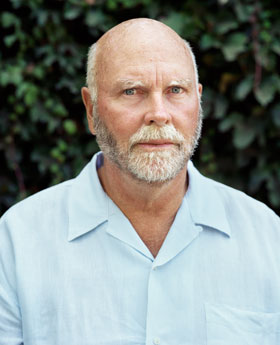By Clive Cookson, from Financial Times

Craig Venter, king of the genome, has been uncharacteristically quiet for a couple of years since his laboratory created the world’s first synthetic life form, a microbe whose genes were made entirely from inanimate chemicals. But he returned to the scientific limelight this month on a visit to Dublin for the Euroscience Open Forum, during which he gave two public lectures – and updated the FT on plans for “a revolution in synthetic life that is just beginning”.
Some critics downplayed Venter’s achievement in 2010 because he did not make a novel form of life. The project was a technical tour de force, a demonstration that scientists could move on from reading to writing genes, but it reproduced an existing microbe called Mycoplasma mycoides, with just a few “watermarking” additions to distinguish its DNA from the natural bacterium.